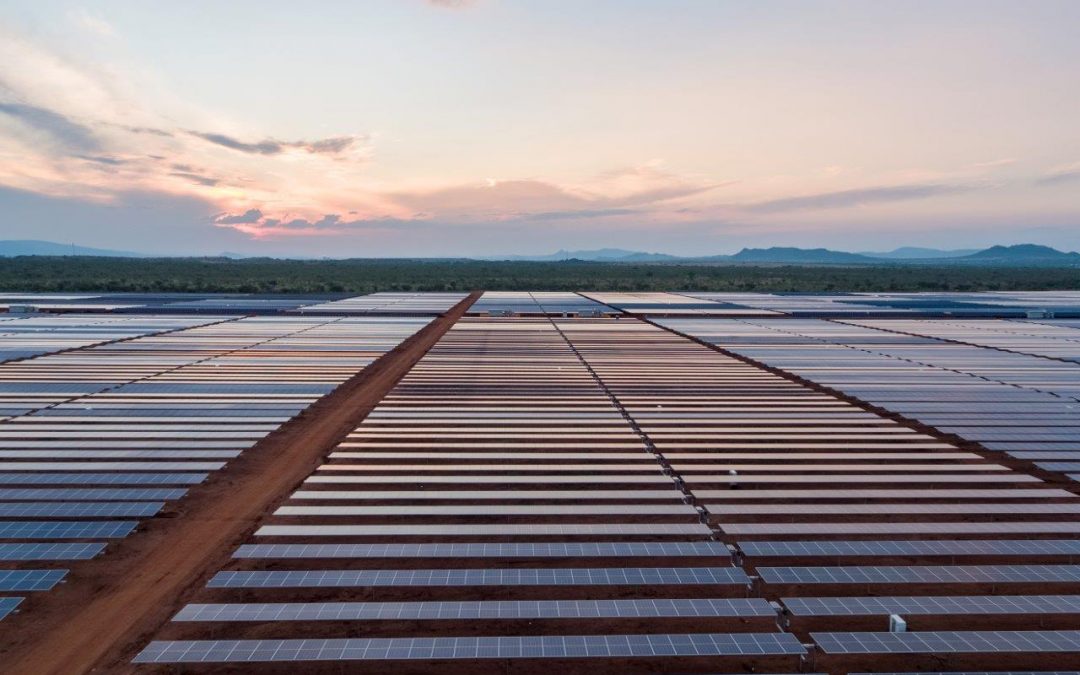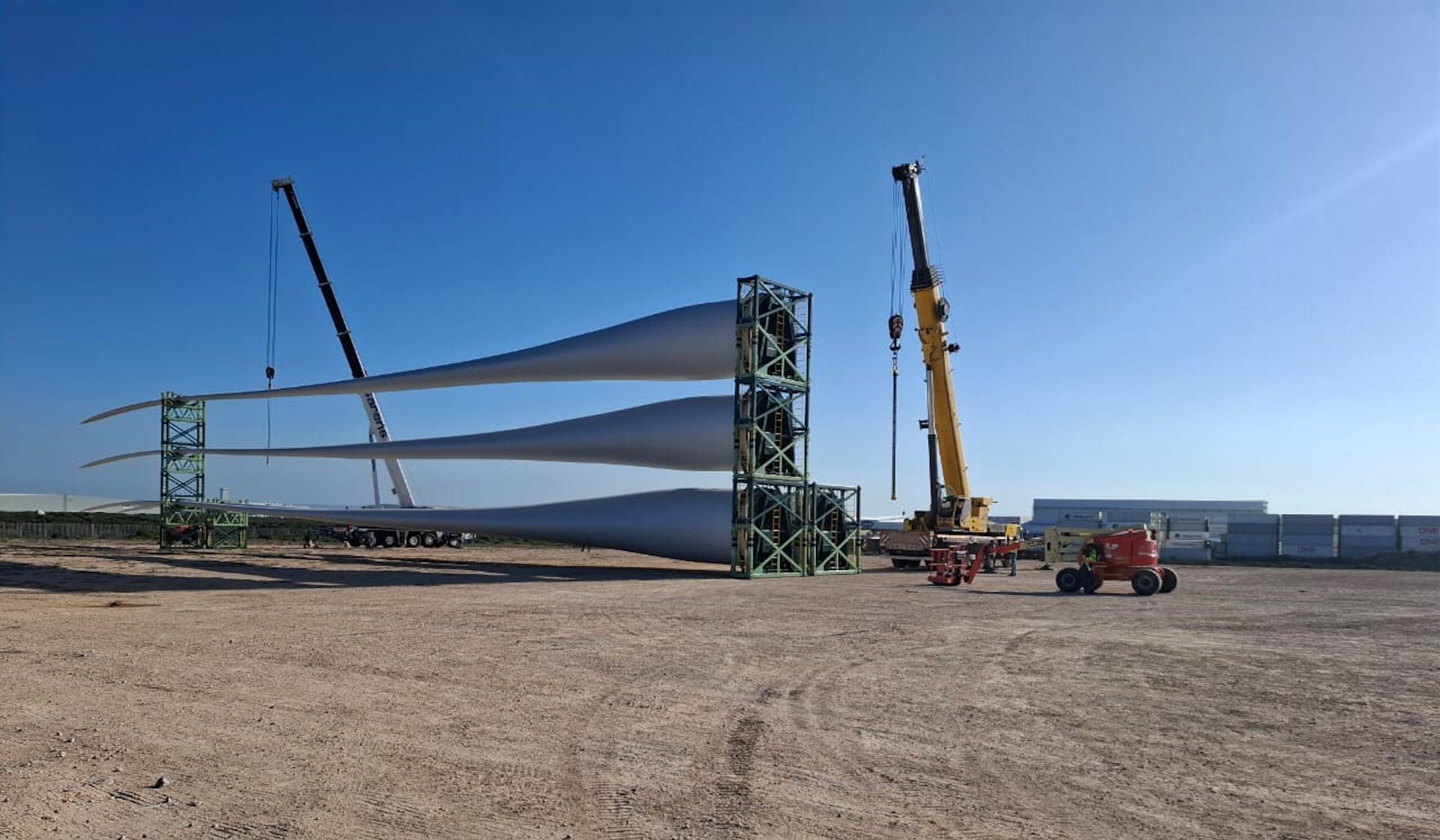The National Planning Commission (NPC) notes with great concern the persistence of loadshedding, now reaching Stage 6. The NPC has consistently emphasized that the goals of the National Development Plan (NDP) cannot be achieved without energy securityi. South Africa has suffered loadshedding since 2008 which has, in turn, constrained many developmental policies and strategies.
The NPC takes note of recent government efforts to reform the energy supply industry. We also note with appreciation, the interventions of Operation Vulindlela that helps to ensure timely implementation of solutions. The NPC welcomes the statement that the President is leading the response to the energy crisis.
The most immediate priority is to ensure that new generation capacity is rapidly and urgently brought onto the grid, together with significant new storage capacity. Evidence suggests it is possible to do this within 24 months if 10 000 MW of new generation capacity is rapidly constructed and commissioned as well as 5000 MW of storage capacity.
Solar and wind power projects can be built rapidly within two to three years.
Ending loadshedding needs to become a unifying national goal for the whole country and all stakeholders. Everyone should do their part to achieve this overriding single goal.
For this to happen, the declaration of an ‘energy emergency’ is required that will make it possible to override some of the red tape that is preventing the acceleration of delivery of new generation capacity.
To achieve the overall goal of 10 000 MW of new generation capacity and 5 000 MW of storage, it will be necessary to remove key obstacles. To this end, the NPC is of the view that:
- the 100MW ceiling should be removed because Eskom’s grid code and grid connection authorization process is sufficient to regulate this growing market.
- any NERSA registration process that delays implementation of projects should be scrapped and replaced with an online registration procedure for database purposes only.
- environmental and water use approvals must be streamlined, to take advantage of the Renewable Energy Development Zone framework that allows for fast-tracking of approvals.
- there must be a temporary exemption from local content requirements for construction and commissioning of new generation and storage capacity due to come online in the next 36 months. In parallel, key stakeholders should reach a formal agreement that strikes a balance between short-term importation of components with the need for phasing in upstream industrialization over the medium- to long-term.
It will be important to ensure that finance is mobilized for short- and longer-term investments in new energy generation and storage capacity.
To this end the NPC welcomes the establishment by the Presidential Climate Commission of a Forum comprising South African development finance institutions led by their respective Chief Executives.
Finally, the 2019 Integrated Resource Plan (IRP) requires annual updating to meet South Africa’s energy needs, including incorporating technology advances to ensure that South Africa achieves energy security that is lowest cost and consistent with South Africa’s approved Nationally Determined Contribution.
For more information please contact Sandisiwe@dpme.gov.za 071 370 1048 / Zarina@dpme.gov.za 082 345 2919
The following Commissioners are available for comment:
Prof Mark Swilling
Ms Joanne Yawitch
Mr Ravi Naidoo
Dr Pulane Molokwane
Prof Tinyiko Maluleke


